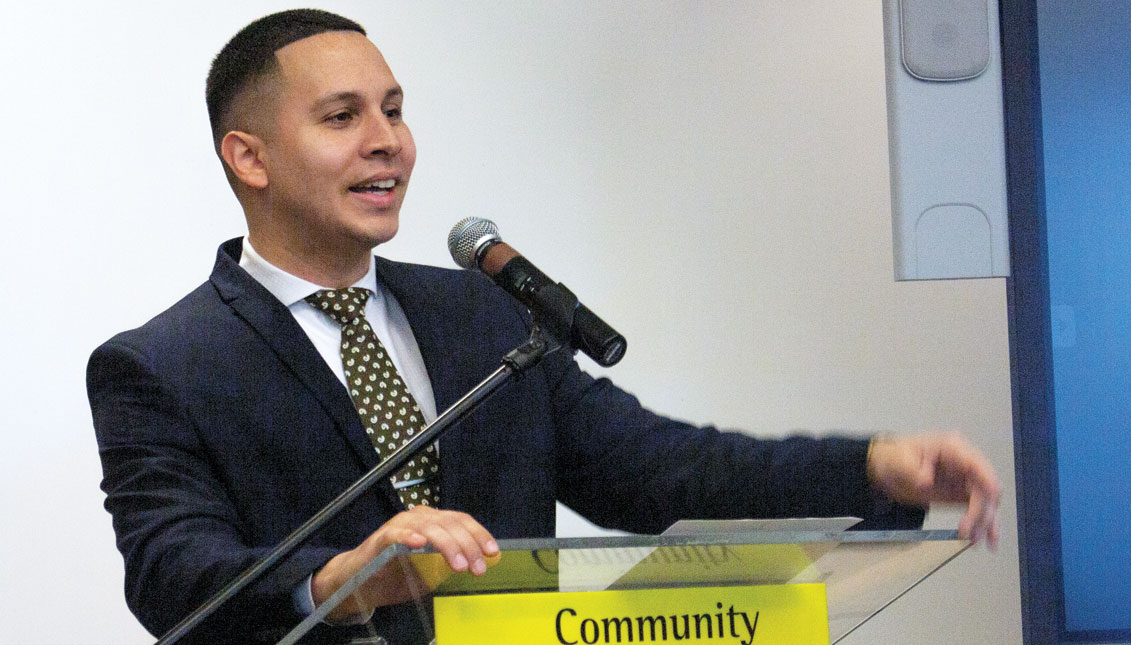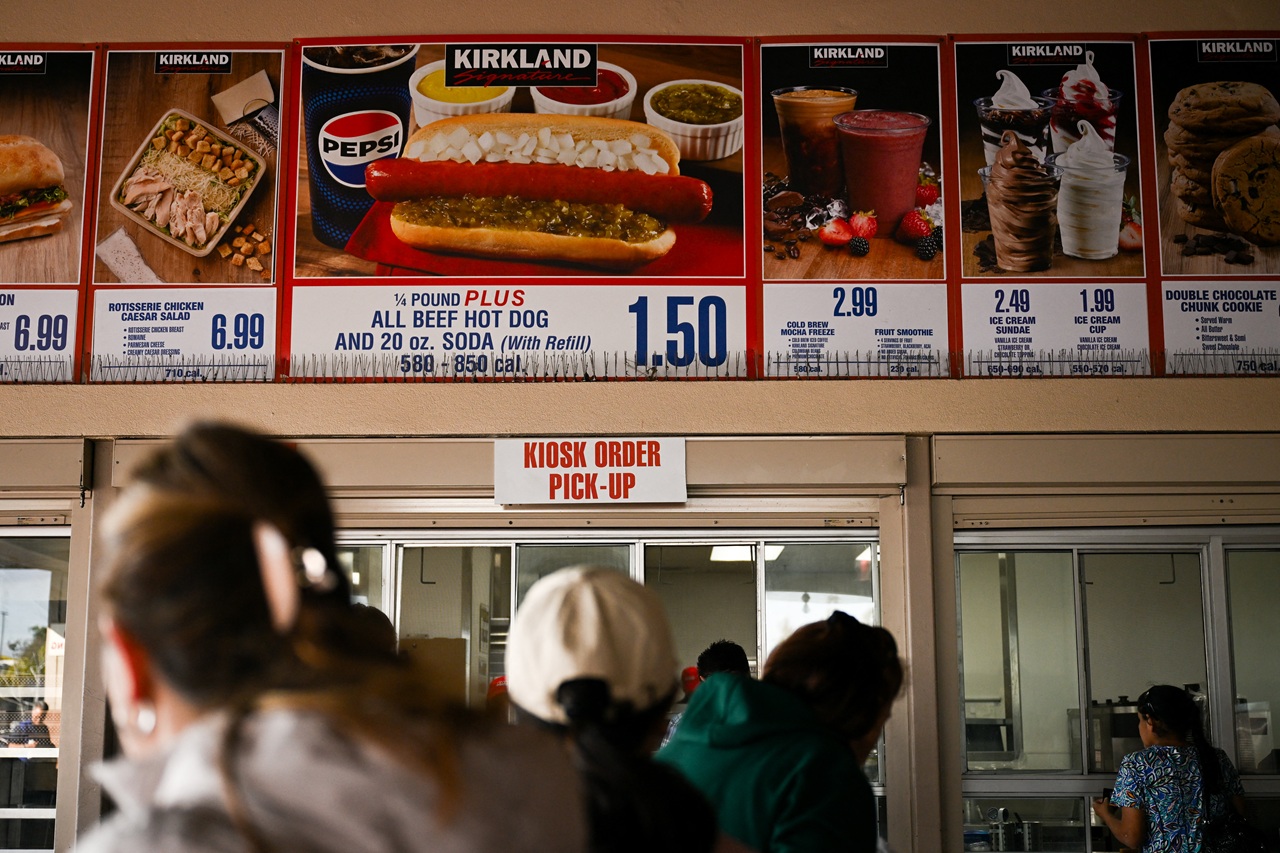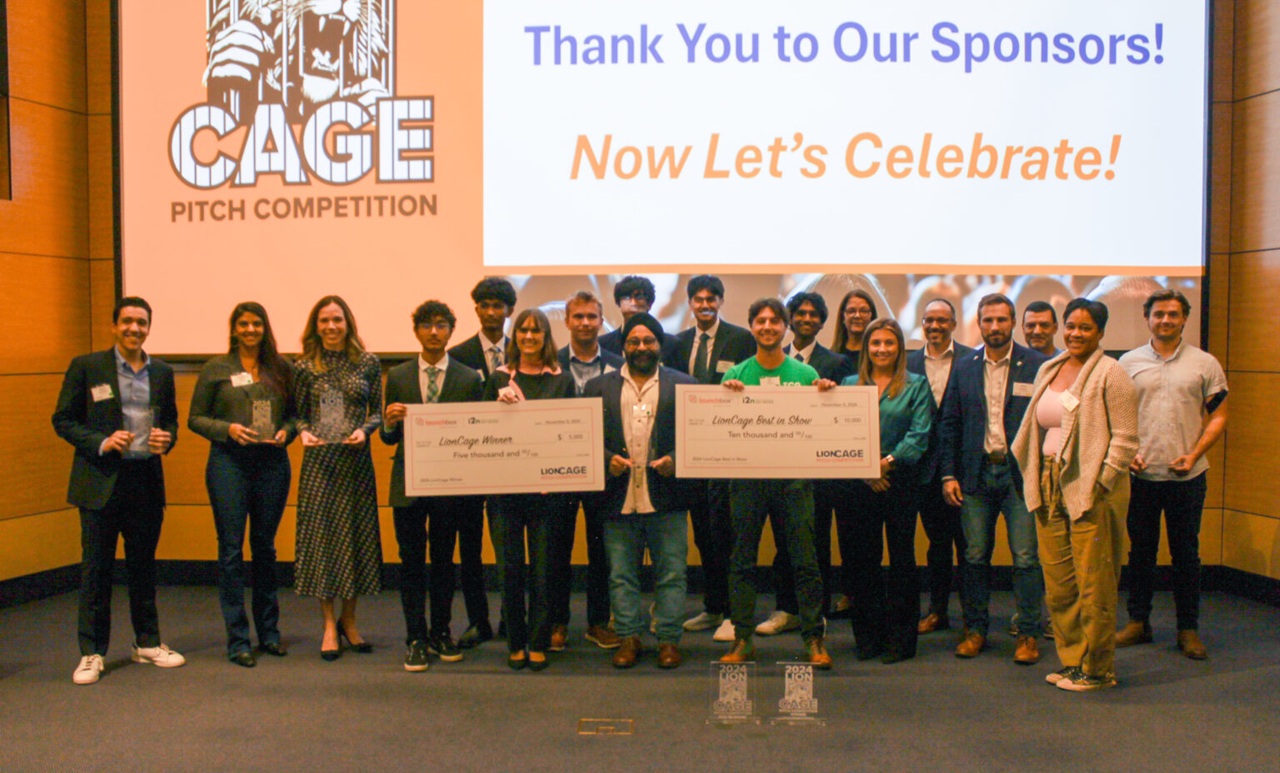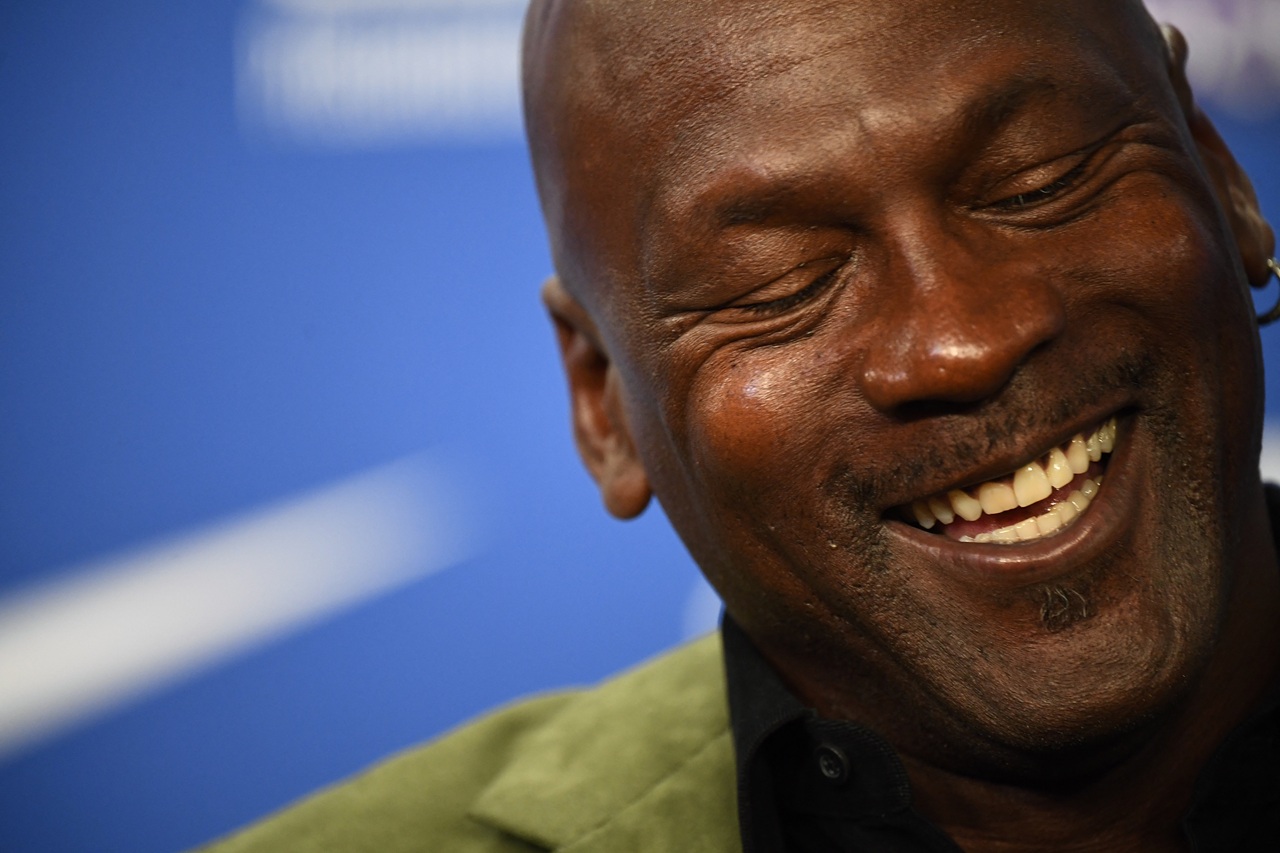
CCP hosts HAPPI Talks Entrepreneurship Conference
The conference featured three local entrepreneurs, who each shared tips for success, and detailed their unique paths.
When the idea of the now annual HAPPI (Hear Amazing People Presenting Inspiration) Talks Conference first formulated in Darryl Irizarry’s mind, he thought of making it a variation of the very popular TED Talks.
“Around the entire country, you have all of these enlightened, inspirational people and I said, ‘Why not bring that here to Community College of Philadelphia?’” Irizarry, the senior development officer at CCP, recalled.
But the idea was to center it around business, ownership and entrepreneurship.
Now going onto its third year, CCP invited three local entrepreneurs to share their success stories with a room of roughly 40 people. This year’s speaker series consisted of Darrell Dorsey, a real estate investor; Elaine Gonzalez Johnson, a mogul; and Nick Bayer, the CEO of a social impact company.
Dorsey, an alumnus of CCP, detailed how his journey started while he was a student. He long knew he wanted to be an entrepreneur and work within his own time and schedule, but wasn’t quite sure how to go about it.
Eventually, he saved up enough while working with his uncle that he began buying properties at auctions, later selling and renting them. It helped launch the Dorsey Investment Group, where he is the CEO.
However, he detailed how the 2008 recession put a strain on the company’s success, as many of his tenants were struggling to pay him at the time.
“I’m seeing all these people losing jobs and all this stuff happening, and now that’s affecting me,” Dorsey said of the recession.
That experience helped him learn what he described as the key elements of business: networking, strategy planning, problem solving and data retention.
Dorsey then took all he learned in real estate and went into the restaurant business, where he now owns Haute Restaurant & Lounge in Center City Philadelphia.
In order to succeed in real estate, Dorsey would advise people to take calculated risks, not be subjected to market trends, and think of real estate as the acquisition of a property rather than the buying of it.
Elaine Johnson, said she started her non-profit “by accident” in 2012 after having a child, which she said made her want to take more of an interest in health and wellness.
“As an adult ... I had no idea what ‘healthy’ looked like,” she said. “I had no idea what ‘wellness’ meant.”
After taking up running and later participating in the Broad Street Run, Johnson started Latinas in Motion, a nonprofit to encourage, inspire and empower women to get active and adopt healthy habits. It took a lot of courage to leave her post of eight years, working for the School District of Philadelphia, but she felt it was time.
“I wasn’t created to sit in a cubicle and do paperwork,” Johnson said. “Now I’m able to use my creativity, my gift and my purpose 24 hours everyday.”
RELATED CONTENT
Her nonprofit has now grown into multiple chapters across the U.S. She’s since released a planner, Plan, Pray, Slay, to help women execute plans for their own personal goals, and it has sold more than 2,000 copies worldwide in just over a year.
For Nick Bayer, his entrepreneurial journey could have taken any direction, with the many coffee shops already in existence.
However, Bayer believed in his vision for Saxbys because “coffee is the most inclusive business there is,” he said.
After starting in 2005, Saxbys has since expanded into a 30-unit business across the U.S. However, Bayer also detailed some of the mistakes he made along the way, including initially not writing a business plan and franchising the business too early.
Those mistakes helped him create a structure and culture for Saxbys that sets it apart from your typical coffee shop, to where he instead brands it as a “social impact company.” One of the main priorities is to help college-aged students learn life skills while working there—as seen through the several student-run Saxbys built on college campuses.
When asked how he’s able to deal with the competition of other great coffee shops, such as Starbucks, Wawa, and Dunkin’ Donuts, Bayer said, “You’ve just got to be focused on who you are.”
“This is not a business where you can be complacent,” he continued. The healthy competitive landscape of the coffee business is what helps him continue to strive towards making Saxbys as great as it can possibly be.
Each speaker took different paths towards their entrepreneurial journey; however, each one also provided valuable information that could help the next person become an entrepreneur in their own right, as well. That is the goal Irizarry had when he first put the idea for the HAPPI Talks conference together three years ago.
“The idea is to capture the students, the alumni, faculty, staff, whoever that attends to ensure that they can be inspired, they can start what they would like ... as far as getting their dreams out there,” Irizarry said.











LEAVE A COMMENT: